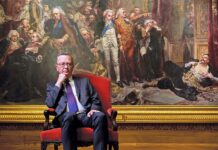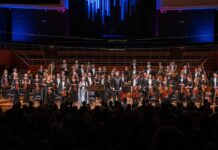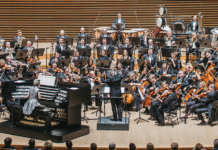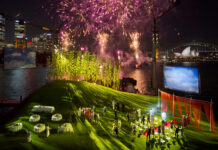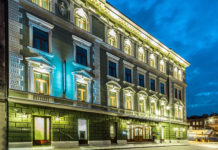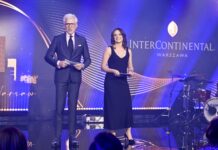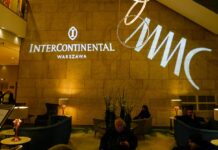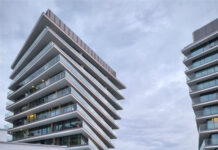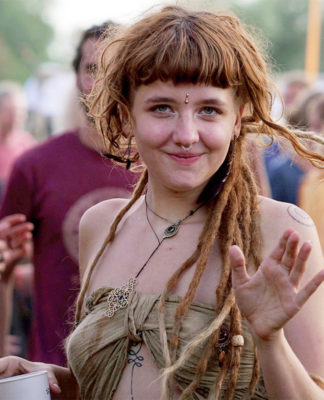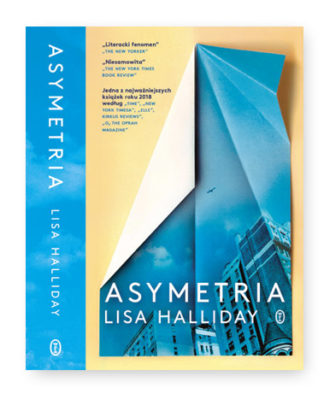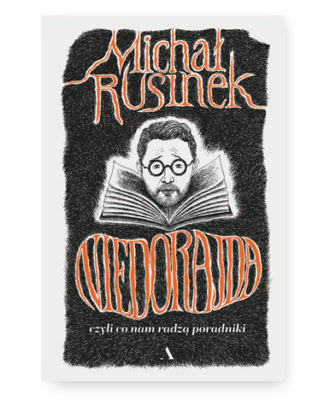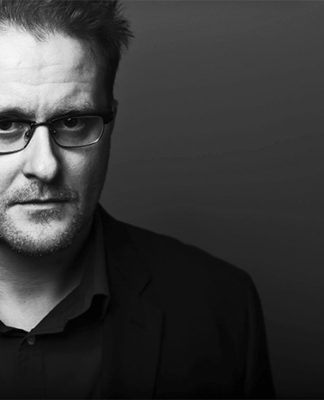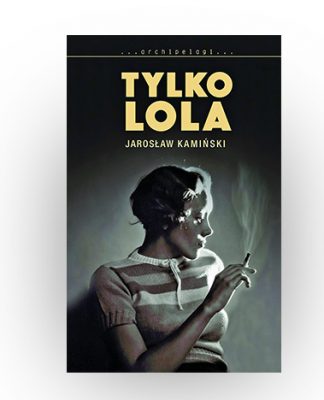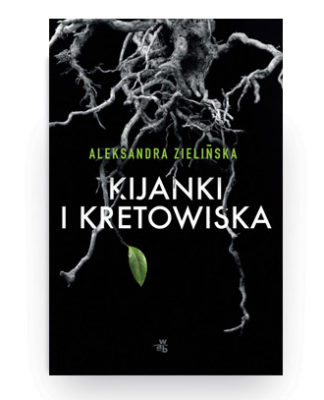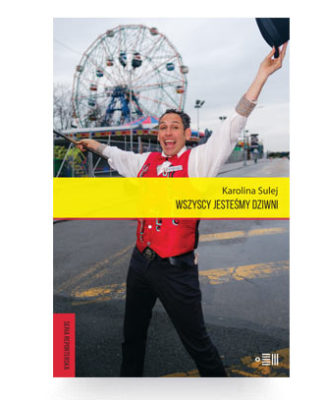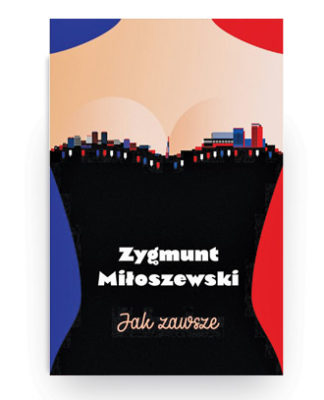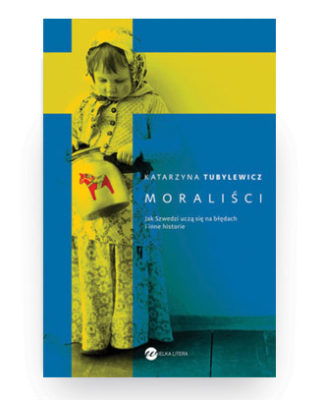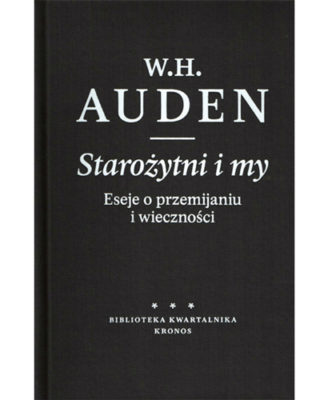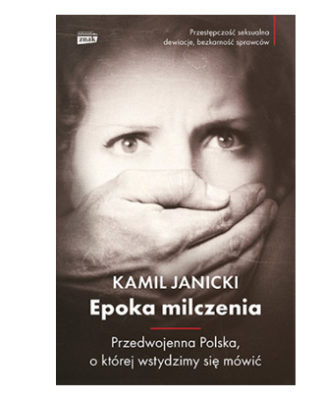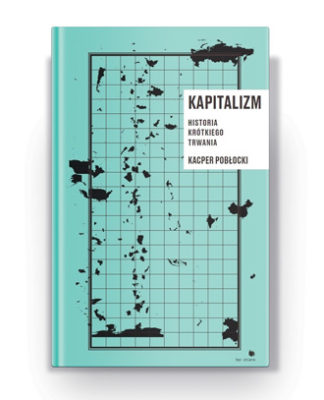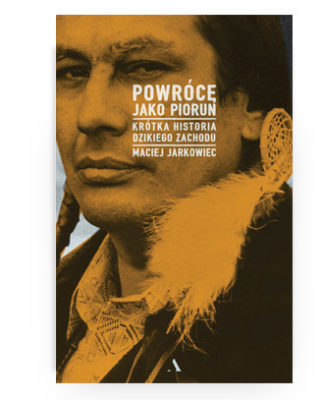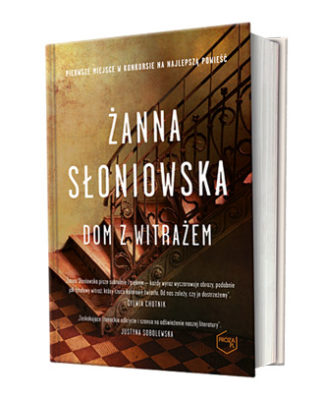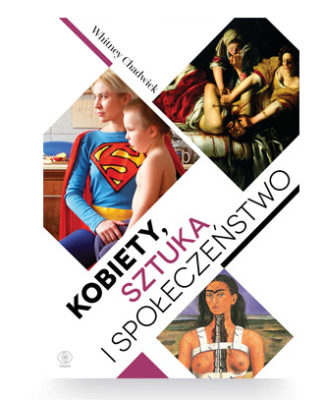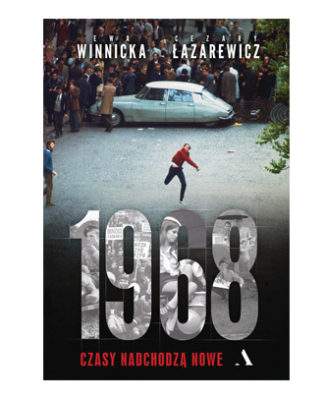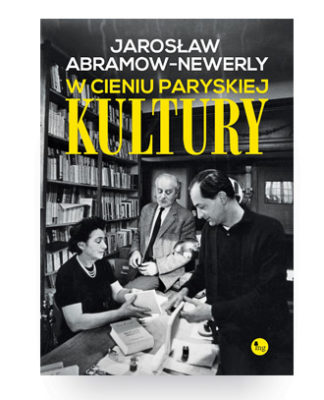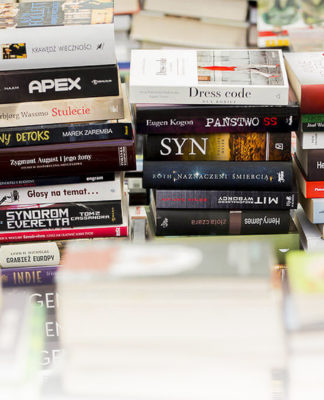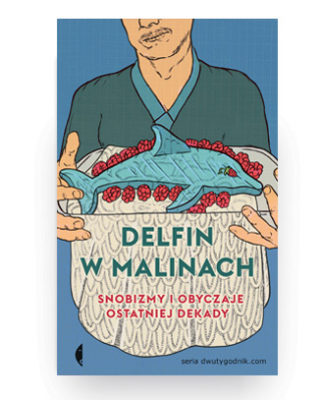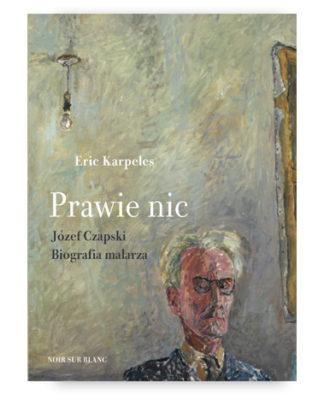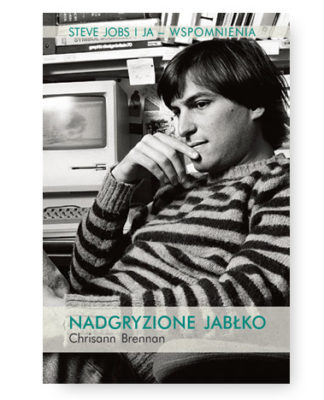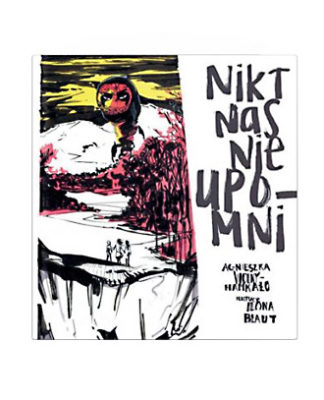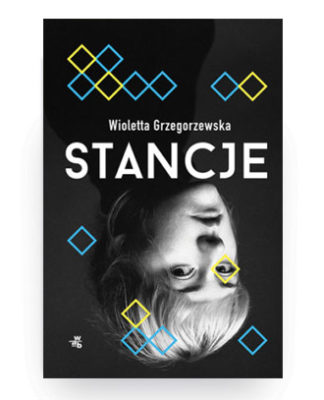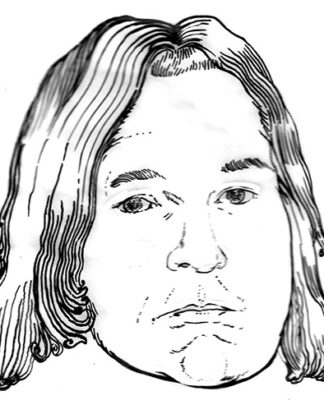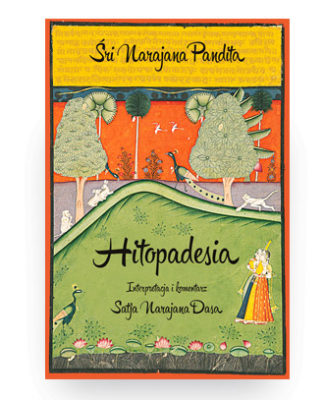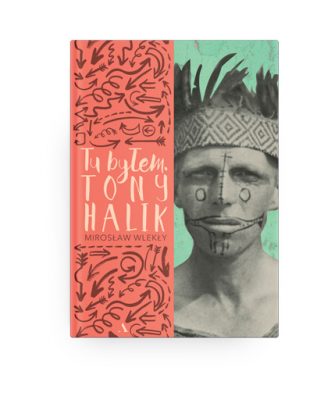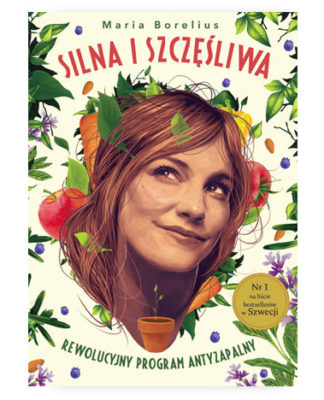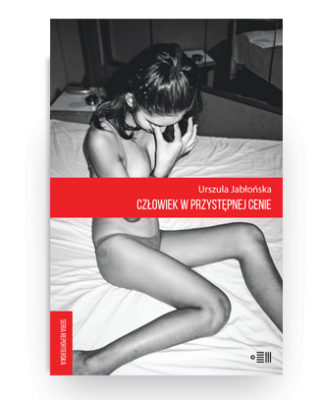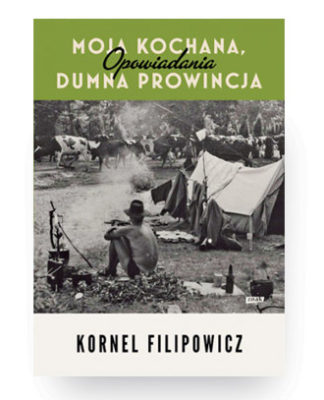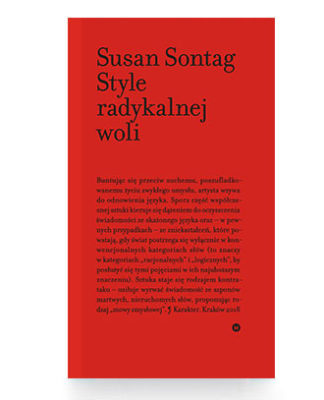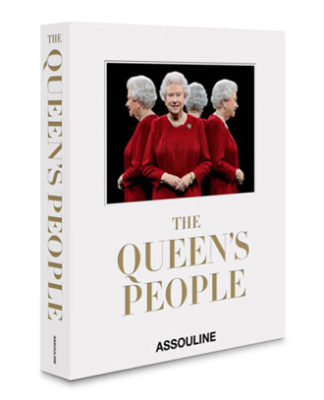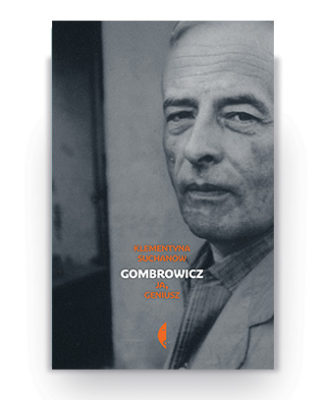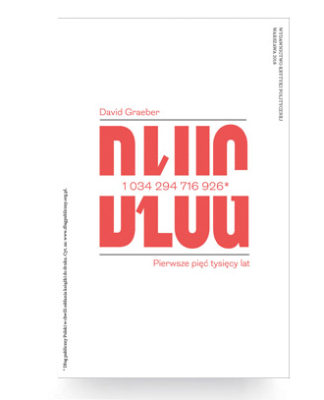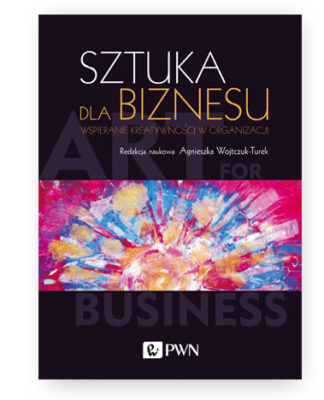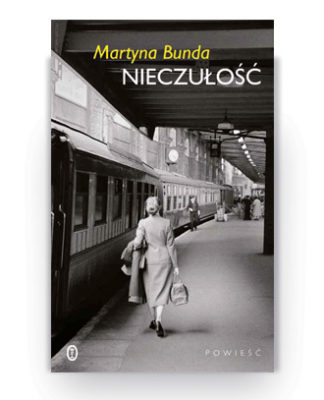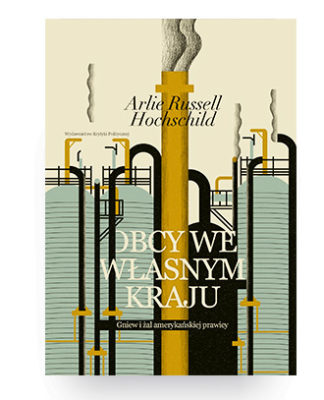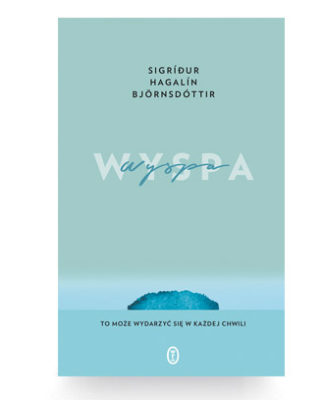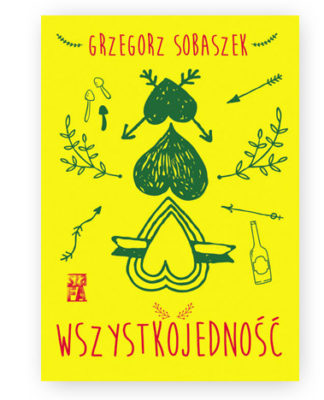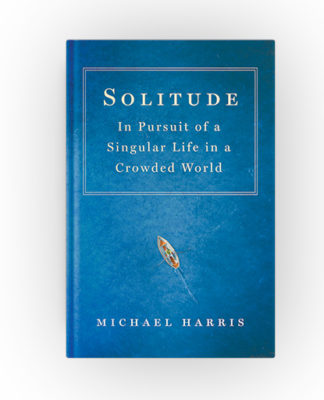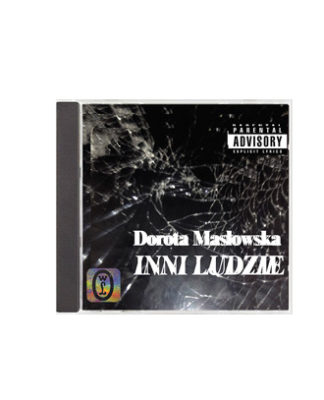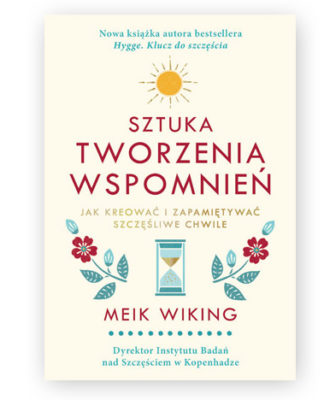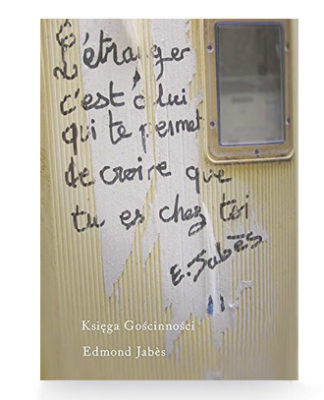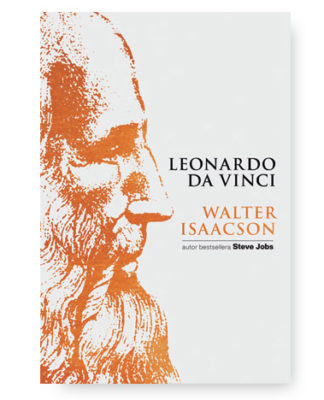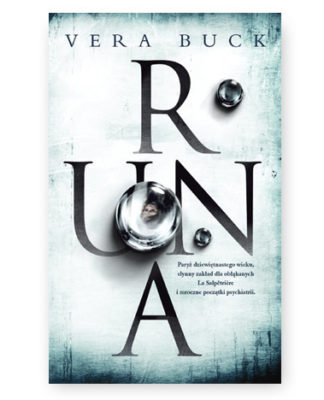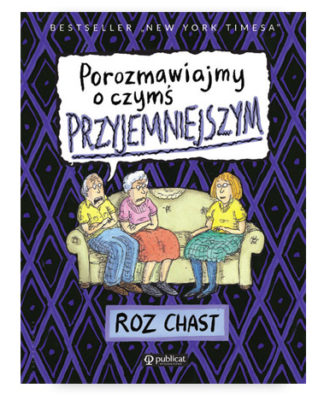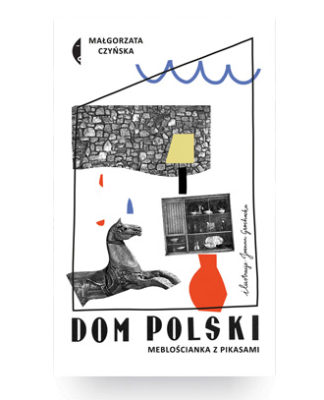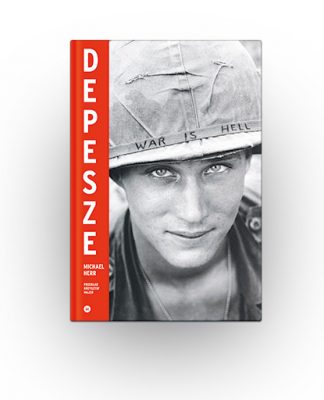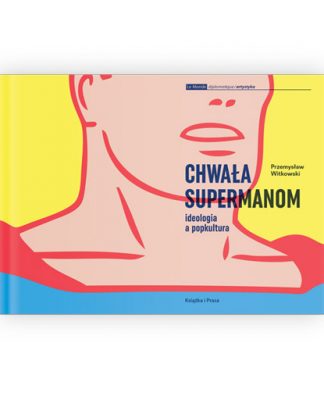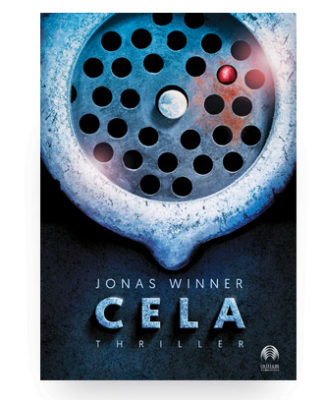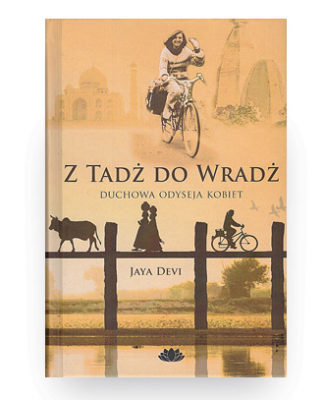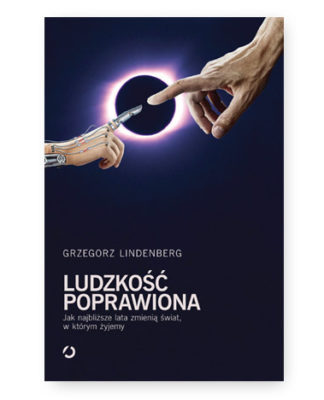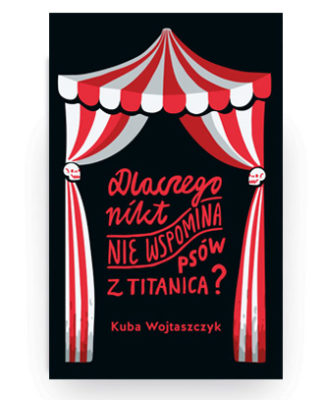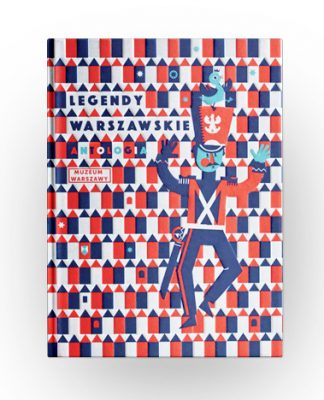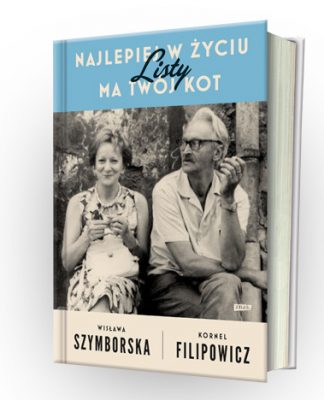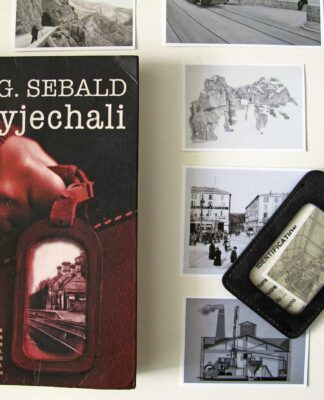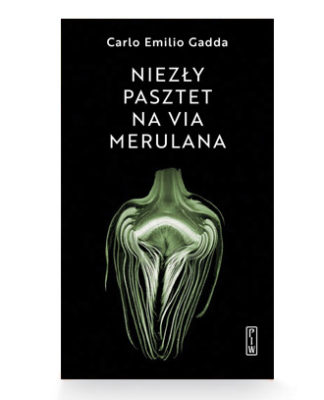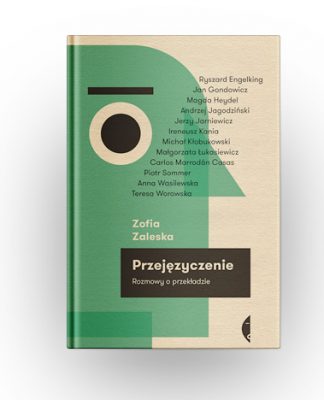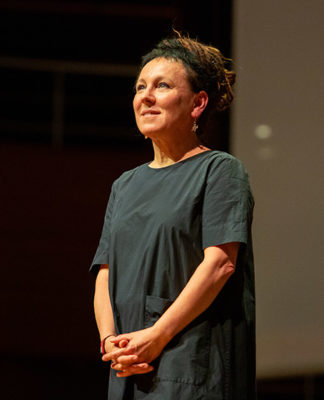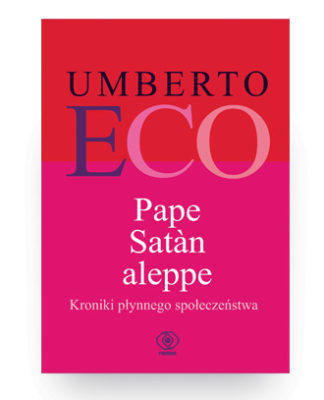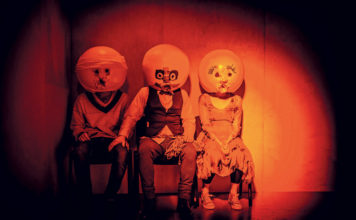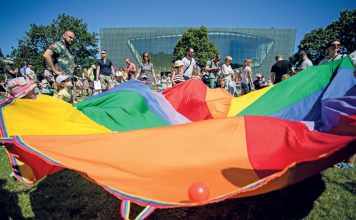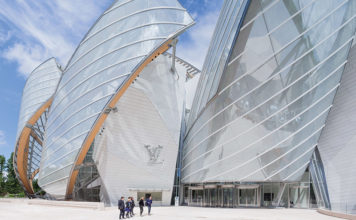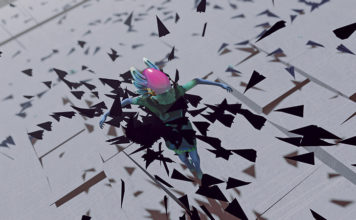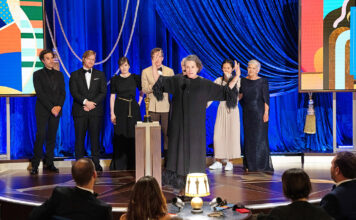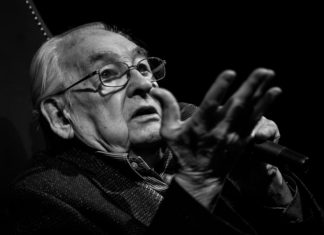He is one of the brightest young stars of the classical music scene at the moment. An unashamed romantic, he isn’t too shy to shed a tear. This handsome and unique young man from Żoliborz couples his love of baroque and early music with his down-to-earth passion for hip-hop culture. We talk to Jakub Józef Orliński about breaking the rules of opera and classical music.
Text: Jacek Górecki
Photos: Michael Sharkey
We’re here at your beloved Warsaw Powder Store in Żoliborz, just before you open the new season of the Polish National Opera with your long-awaited inaugural concert.
It all began with an idea I had a few years ago. I decided that I wanted to do a charity concert once a year, and that it should be more than just a performance in front of an audience. The concert of the Capella Regia Polona at the Grand Theatre in Warsaw, during which I will raise money for my mother’s foundation, will be divided into two parts. In the first, I will perform with my friend and pianist Michał Biel; in the second with a baroque orchestra. For me, taking part in a wide variety of activities is very important. That’s something that was instilled in me by my mother, Bogna Czechowska-Orlińska, who runs the Fundację Słoneczna Akademia (Sunshine Academy Foundation), which helps children with oncological diseases, as well as the Radio Two Foundation, which supports homes for children and single mothers. My mother is a hero to me and I want to follow in her footsteps.
Initially, the concert was to be held at Polish Radio’s Witold Lutosławski Studio. Why didn’t that go ahead?
After our initial conversation, it turned out that our potential sponsor wanted to buy all the seats in the audience. I decided that if one man was prepared to buy all the tickets almost a year in advance, I could aim higher. And that led me to the stage of the Grand Theatre in Warsaw. It was easier for me, because years ago I was at the Opera Academy of the Grand Theater, where I met Beata Klatka, the program Manager, and director Waldemar Dąbrowski himself. So I made an appointment with him and told him about my idea. The theatre is providing me with a hall; it’s paying for the orchestra and my pianist; and I’m raising money for those in need. I’m really enjoying the opportunity to see things from an organizational perspective. I’m not a diva who just turns up when everything’s ready. I like doing a lot of things myself, starting with the production of music videos, albums and programs. That’s why I love inviting people to come together in a creative process. The process matters to me the most.
You not only help others in need, but you yourself have benefited from such support, enabling you to follow a somewhat difficult path to where you are today. Someone invested in you and you are now able show your appreciation through your success and honours, including the Grand Final at the Metropolitan Opera National Council Auditions in 2016; the most recent and highly prestigious Gramopohone Classical Music Award for best young artist; and the annual Paszport Polityki in the classical music category, awarded by Polityka magazine.
I’ve gone through a lot in my life, especially at the beginning when there were definitely less highs than there were lows. However, there was always someone who wanted to help me. After attending the high school of the Arts, where I didn’t do well, I decided to take vocal and music studies, about which I knew very little if I’m honest. In fact, my knowledge was less than basic. Of course, the choice was not completely random. I’d started down the musical path at a very young age as a member of the Gregorianum Boys and Men’s Choir, led by Berenika Jozajtis. Unfortunately, after my examinations at the University of Music, it turned out that I’d come 13th and only the first twelve could study for free. I couldn’t afford the studies and suddenly an anonymous sponsor appeared out of nowhere and paid for my studies. I don’t know who it was, although I can guess, and I’m extremely grateful.
This led you to another college, the prestigious Juilliard School in New York, which 2,000 young people try to enter every year, and just over one hundred are accepted. This is where the manuscripts of Mozart, Bach, Chopin, Schumann, Liszt and Beethoven are to be found.
The road to Juilliard was not so simple or straightforward, because at the beginning I applied to the Curtis Institute of Music in Philadelphia. My mentor and teacher – Eytan Pessen – recommended that school to me and it wasn’t until I got in that we thought it might be worth trying out for Juilliard as well. In 2015 I got into the Juilliard School, but once again I couldn’t afford it. It is a prestigious school that costs $40 thousand a year, and I was lucky to earn PLN 400 for a concert. I had no choice but to ask for help from others once again. I received scholarships and grants for studying. It’s not something we should be ashamed of, especially if we want to work but lack the means. There is always someone who can help us, which is why I talk about it openly. I’m on top today and have achieved everything I’ve dreamt of. There isn’t anything in particular that I need at the moment and that’s why I’d like the roles to now be reversed. I would like to be the one supporting others and use my name to make a difference in at least one person’s life, or at least see them smile. As you can see, I love to smile! [laughs]
How do you assess the state of opera today? Does it need a breath of fresh air?
There is a whole bunch of people who approach opera conservatively. They believe that changing the rules is virtually a crime. I don’t understand this. I am not interested in opera that boils down to snobbery, tailcoats and watching the same unchanged staging for a hundred years. That’s why I’ve often taken issue with productions at the Metropolitan Opera. I really respect that place, it’s amazing, but many of those conservative operas just don’t do it for me. I’m in favour of drawing upon what is here and now.

Quite recently, I was listening to a radio conversation with an opera diva who strongly protested against modernizing the opera. She claimed that changing the setting and transferring the operas from antiquity or the baroque to modern times was not a good idea. Do you think there’s a risk we might compromise the educational role that opera plays by conveying history and culture through costume and set design?
I don’t agree. I believe that knowledge is power and key. For me, as a performer, education is the basis, just like the reason why something is done. However, this knowledge provokes me to step outside the comfort zone and offer the audience something that is not explicitly said; something that inspires their imagination and provokes them to think. The path I’ve taken has led me to the Baroque, but as you know I’ve never taken part in anything overly traditional or a costume party. I always attempt to find an alternative reading of a classic work. I think that opera should evolve like any other field of art, such as film for example. Standing still doesn’t develop us – the performers or the audience. I don’t have to stick to the rules in Halka to talk about Polish tradition or the highlanders. It is important to trust the audience and take them seriously as partners; or indeed even as a co-creators of the evening.
In March, you came up with an idea that many saw as revolutionary, when plans were scuppered by the pandemic and cultural institutions were closed.
I had prepared Serse by G.F. Handel in France and the action had been transferred to a skate park. I was performing my part on a skateboard. For a boy like me, who’d grown up in this culture skateboarding in Żoliborz and working with the clothing brand Turbokolor, this was an incredible gift. I was in my element, however suddenly the pandemic hit and, little more than a week before the premiere, everything was canceled.
Maybe you do it unconsciously, but sometimes you do rock the apple cart. During your famous performance on France’s Musique radio, you performed Vivaldi’s arias in sneakers! That really turned things upside down!
It was supposed to be an ordinary visit to the radio; one of many that ultimately triggered a global reaction [laughs]. I’d been invited by the Festival d’Aix en Provence to hop in as a replacement at the end of the radio program, which they were recording on a patio in Aix. I chose to perform Antonio Vivaldi’s arias that day. I asked if there was a special dress-code and they looked at me in surprise and told me it was on the radio. They couldn’t have known that I’d take it easy as I did. I put on the first good plaid shirt I could find, which was slightly crumpled, and a pair of holiday shorts that ended above the knee. My partner, the pianist Alphonse Cemin, wore flip-flops instead of elegant shoes. The performance was recorded and sent out over the network, breaking YouTube viewing records. It has already been seen by over five and a half million people, which is a great achievement for an opera singer under thirty, [laughs]
At that time, you faced your first wave of criticism.
It wasn’t the first wave, but definitely the biggest [laughs]. I’m not worried by the fact that someone comments that the YouTube video is a profanity, or that they’ll find me and set me on fire for profaning Vivaldi. I’ve learned not to read comments, good or bad. My friends often cut out these very extreme comments and send them to me – some confess to me, while others hates me. I take it all with a grain of salt. I am interested in the opinion of others, but only when I know I’m with an interlocutor who knows what he’s talking about – like I am now.
How do you approach cooperation in the world of opera or classical music? Is partnership possible or are generational differences and experience important?
I’ve worked with conductors who were twice my age, but they said absurd things to me. I think that knowing the rules is very important. That is the basis. At the time, however, I didn’t pay much attention to them. I was on a completely different level. Today I have more courage, but I have worked hard for that and earned the right to be treated as a partner in the creation of a work of art. For me, the most important thing at work is the argumentation, even if it’s an idea that doesn’t initially fly with me. If a creator knows why they want to do something a particular way, I can trust them. This understanding is very important in every job. That’s the way it was when I went to Zürich to conduct a workshop for the Opera Studio. I was able to talk to conductors, set designers or other theatre makers on their level. That’s something I also learnt through my experience break dancing. We’re all equal and everyone can influence the work. I’m not fond of the days when moody opera divas thought they could get away with anything.

Your first experience with opera was not pleasant. It was just the kind of classic staging that you avoid today.
I was a teenager and I came across a staging of Richard Strauss’ Elektra by the Polish National Opera at the Grand Theater in Warsaw. I suffered through that. A woman was yelling on the stage, and I keep raising my head up to read the subtitles. I didn’t understand what it was all for. I felt no connection with what I was watching – there was a barrier. But to be clear, I have great respect for people who pursue this kind of work and put on operas in such classical and sometimes archaic productions. I just would like for there to be room for both those people who are conservative and for those who are looking for a fresh, new means of expression. This balance is really necessary to reach a new generation. Germany is like that. They have no qualms about transcending boundaries, breaking rules and doing away with rigid frameworks. In Germany I find that opera is extremely controversial at times.
In Poland, we have a dozen or so halls and orchestras, while beyond our western border, our neighbors have an opera house in every small town. There are dozens of them and they’re almost always at the highest level. Unfortunately, a visit to the opera or the philharmonic in Poland is still considered something elite.
The difference is very noticeable. I realised this when I organized a concert tour in France; in fact the French provinces. We put on twelve concerts in twenty days, in villages which were hard to get to and only had a few houses. And suddenly all the tour dates were sold out, with people turning to up these wonderful Renaissance churches everyday, in search of something more ambitious. In that part of Europe, experiencing culture or classical music is the basis of life and the development of every human being. This can be seen during the holidays and celebrations of important anniversaries, which are broadcast on national television. I have the impression that classical music occupies the same place as popular music.
And what is the level of knowledge of opera and classical music among your peers? I expect that when you come to Poland and you visit your home in the Warsaw suburb of Żoliborz, it’s easier for you and your friends to talk about your second passion, i.e. the aforementioned break dance.
It’s not that tragic! [laughs] The guys from the team always ask me what I’ve got planned; what my next projects are, and what’s going in the places I’ve visited. Each of us, however, has a different activity apart from break dancing, and we often exchange views on various topics. However, I have to admit that I get the impression they aren’t so keen to learn more about art or show an interest in exhibitions, plays, or classical music events. They don’t really want to delve too deeply. This is the fault of our education system, in which culture is always represented as something niche. This is the case in schools and on TV, so how can you expect your peers to know any Baroque songs? I’m on a mission to reach out to people and break down the wall of inaccessibility that has been built over the years. I am there for them. It may be through the use of flip-flops or a skateboard, but I want to invite people into this wonderful world and help them ease into it.
I wonder to what extent you factored that into your first album Anima Sacra which featured premiere recordings of eight baroque arias – mainly from the Neapolitan school – and which nobody had sung for over 300 years? You filled a gap that had been lying vacant for years.
It wasn’t a calculation. I try never to do that. I make choices very honestly. As I mentioned earlier, I must be convinced of everything I do. If I don’t feel something, or I can’t find an argument for it – I won’t. In my opinion, baroque music has a very pure, emotional connection that moves me. When I listened to Henry Purcell’s Dydona Lament or sacred music such as Vivaldi’s Stabat Mater for the first time, I was immediately taken by it. So when the director of my label asked me what I wanted to record on the first album, I knew precisely what I wanted to do and what I wanted to demonstrate. It is worth noting that my first album Anima Sacra contains sacred music, which does not mean that it is a religious album. Often the patron of the arts was the church, and composers simply wrote for those who paid.
What do you find in baroque music?
An indefinite spirituality; a metaphysical connection. It’s a sphere that I can’t quite define, but it absorbs me totally. I like metaphysics and the emotional coexistence with music. I remember that during one of my concerts I completely lost all connection with the stage and the audience. Suddenly I went back to a time when my grandmother was still alive. She made me pancakes and served the best cheesecake in the world. It wasn’t a lament, but a beautiful feeling – a memory. I understood then that this was not just the performance of a song, but a meeting of souls. That is why it is very important for me to invite the audience to these meetings and to be there for them. Some people will know that during performances I like to talk to the audience. I react when they pull out their mobile phones to record my performance, but I only do it to provoke a deeper experience and appreciation of art. Only with their participation is a holistic performance possible. I also like to feel that power I have over an audience, but in a positive way. I grab them by the throat and steer them to places they wouldn’t otherwise see on a daily basis. If we are alone, there is no pleasure. People are vital to life and creation.
So what is the golden rule of your performance?
I will probably surprise a lot of people now, but my professor taught me that breathing is the most important thing during a performance. I can’t be a robot that simply ploughs through phrases and songs. Breathing is natural and getting rid of it destroys the truth of our performance. On top of that, you must remember that both breathing and silence are important elements of music. This is one of the most important lessons and principles that has guided me in recent years.

You are very emotional about all the experiences that accompany you during performances. Do you sometimes cross that dangerous threshold that brings you down after a performance?
That’s a good question. I caught myself at the very beginning of my journey. I was at the University of Music in Warsaw, and we were preparing the play Hunting an Elk in acting class with Grzegorz Chrapkiewicz. In one of the scenes, the hero first kills and then dies himself. I was supposed to perform that scene, but instead I struck a wall. It may seem unbelievable, but I can’t scream. I don’t scream at all in my life off stage. However, as it turns out, I had built up so much emotion that shouting was no longer enough for me. I started to cry and had to recover for half an hour. It was then I understood that crying on stage, or indeed expressing any extreme emotion, was not for me. The art of communication lies in my ability to inspire such an emotional response in the audience.
So what does performing on stage mean to you?
For me it is a kind of catharsis. This was even the case during one of my last performances, when I was performing the aria Stille amare from Handel’s opera Tolomeo. In the final scene, I drink poison. Adopting a controlled way through the dying process was amazing. It was heavy and totally spun me out, but it was emotionally satisfying. I could not have achieved all this – this spiritual connection with what I do – were it not for the professors and people who had contributed to my development and success.
Which Baroque song would you choose to sum up the path you are currently taking; where you find yourself now; and who you are? And, what is it about?
You’ve blown me away now. I have a very romantic and melancholic soul. I think the song that characterizes me a great deal is Vivaldi’s Eia Mater. It’s a short song that carries a huge amount of emotional weight and is very affecting. That’s the path I’m on – fascinating, but by no means easy. I like setting the bar high. I am a man who doesn’t shy away from obstacles and enjoys performing the tasks at hand. It took me a long time to enjoy those little everyday successes that shape and define me. Many will accuse me of bragging from time to time, but confidence is very important in our profession. A lack of confidence on stage will be greatly felt by the audience. |
🇵🇱 Kręci mnie świat metafizyki





